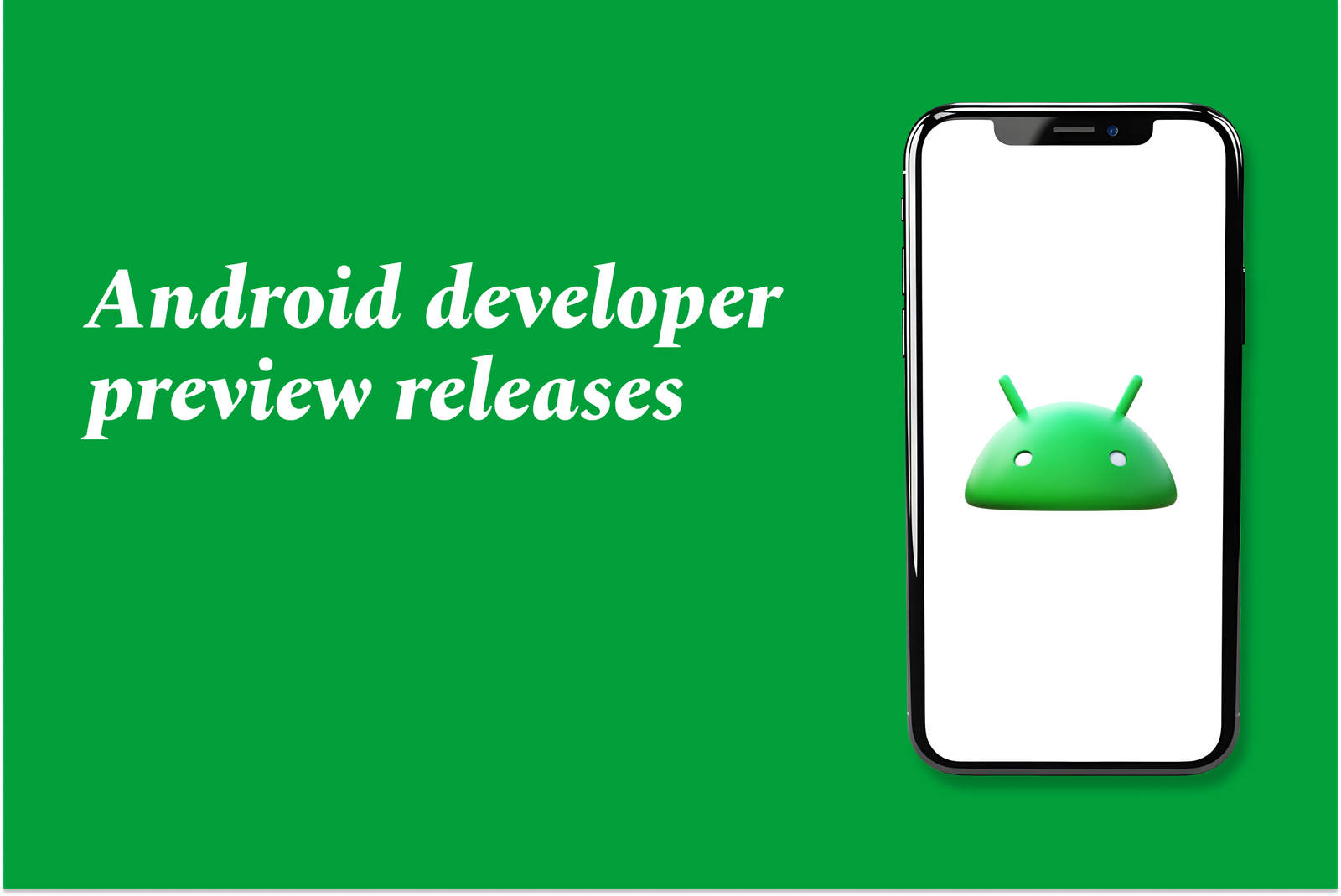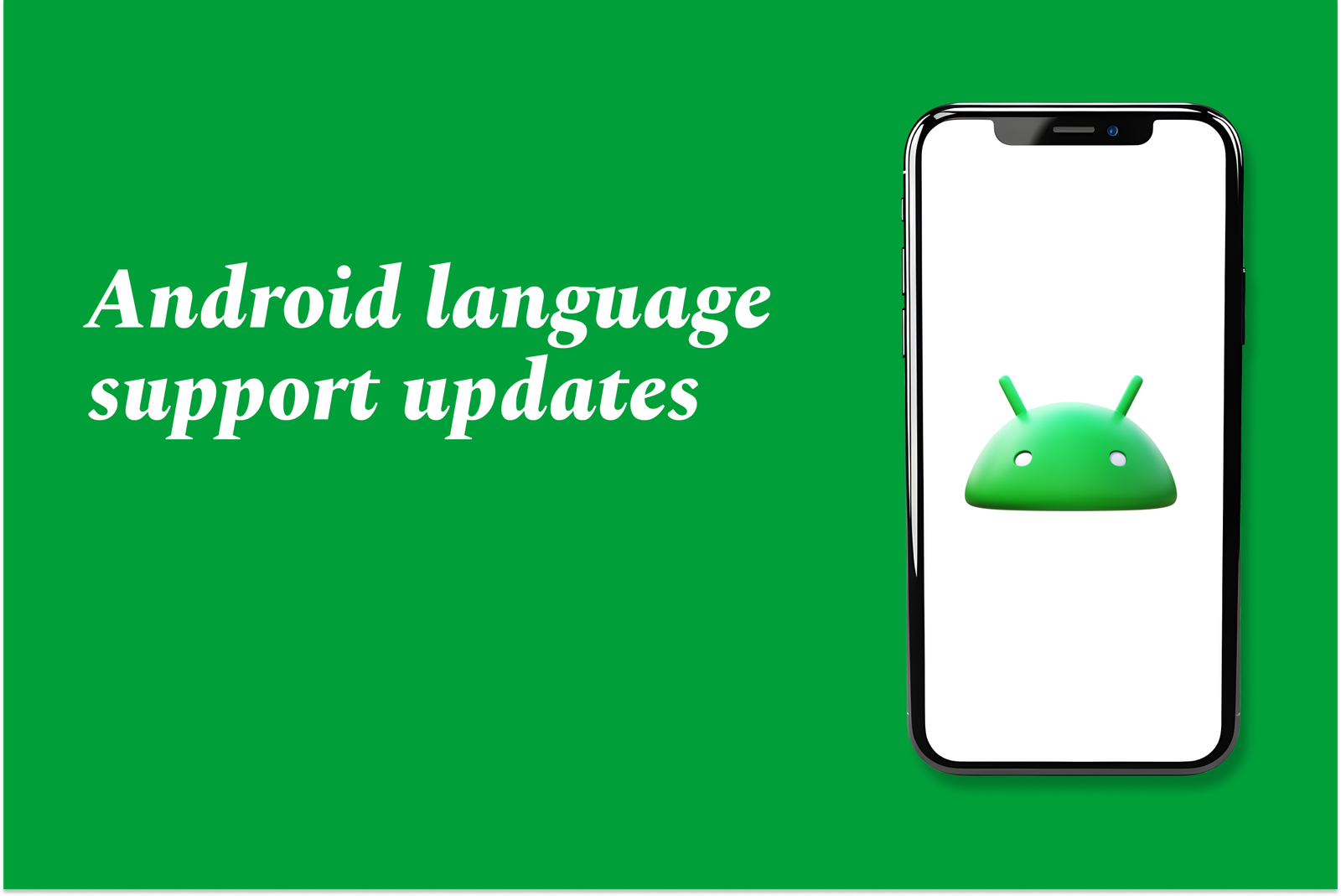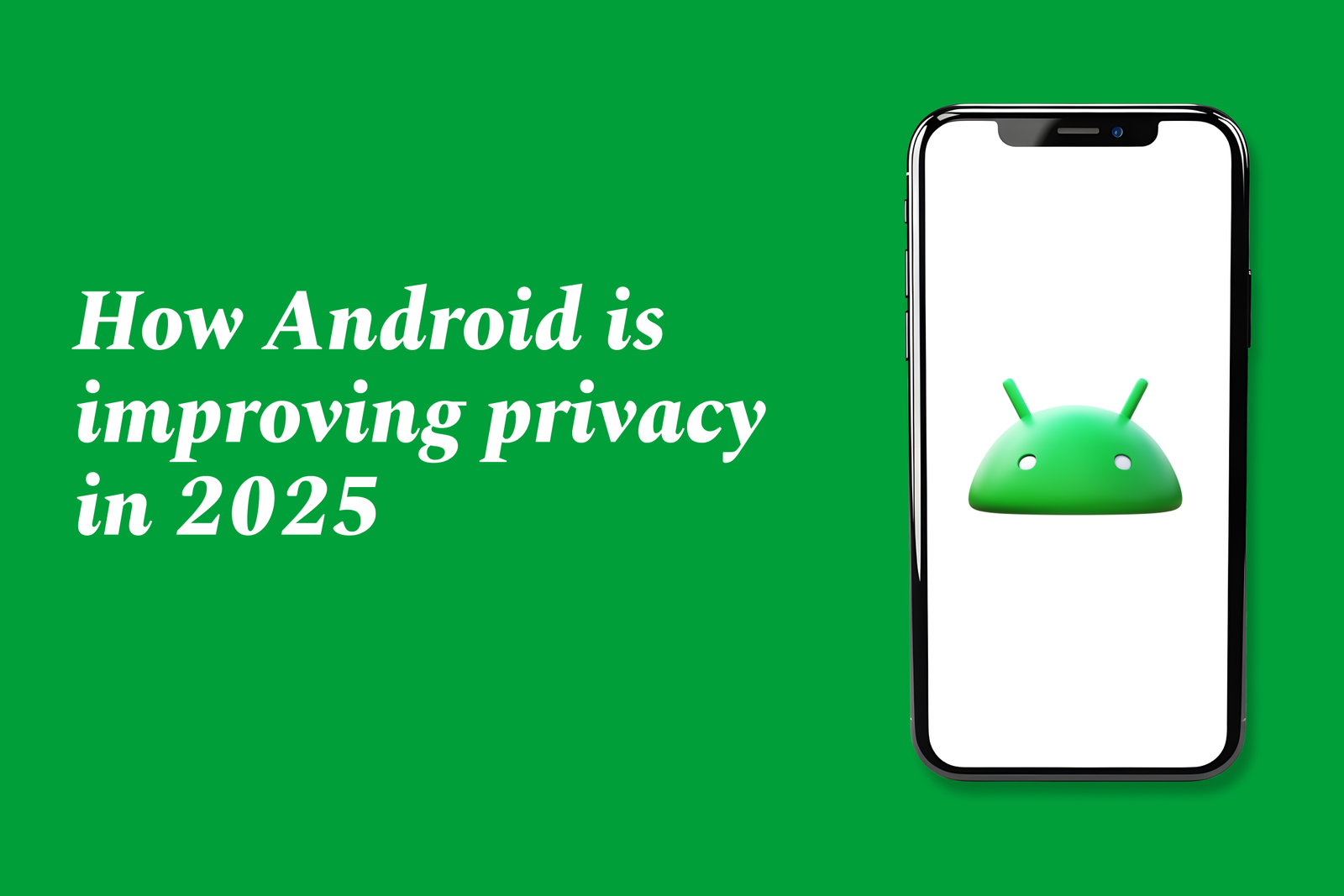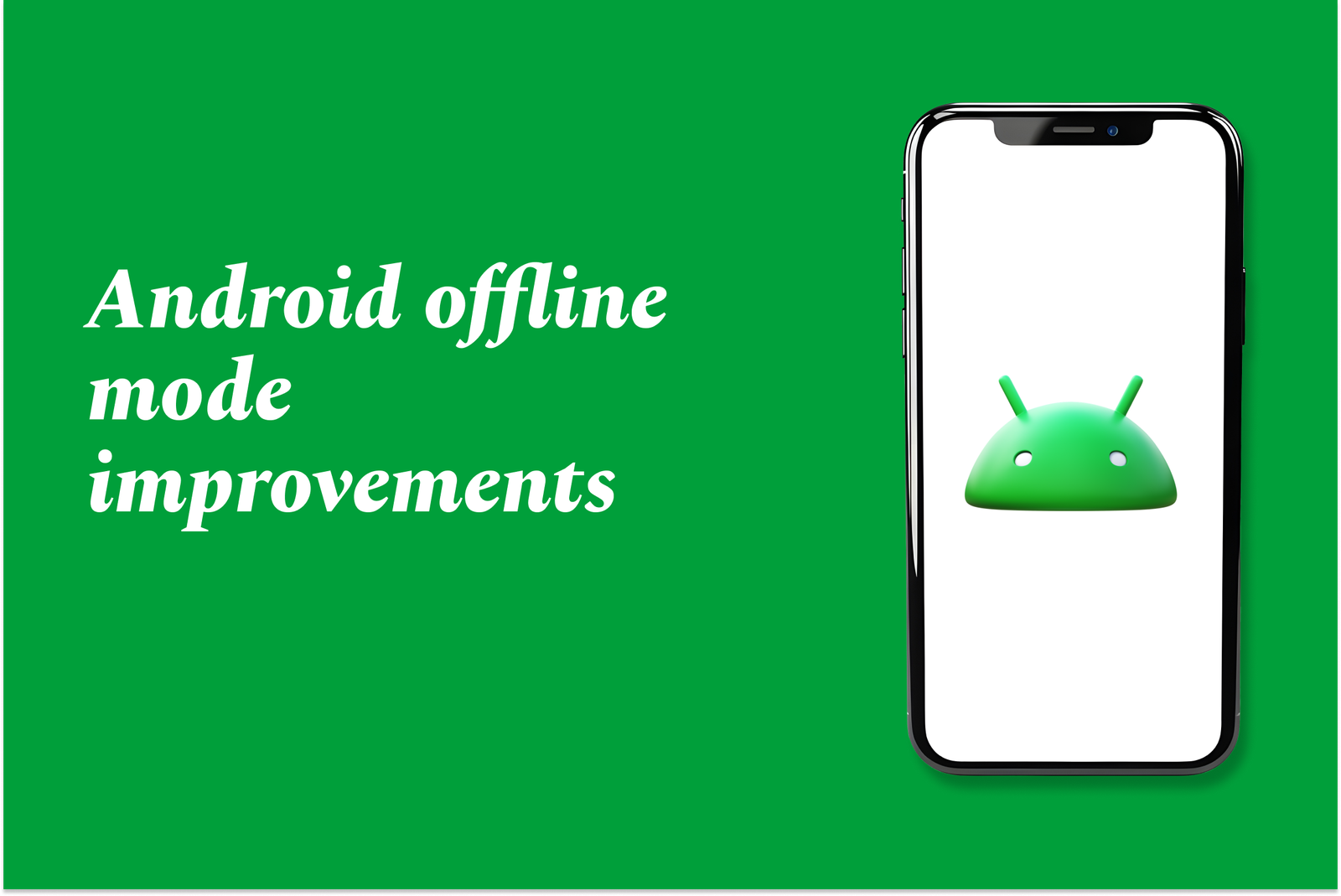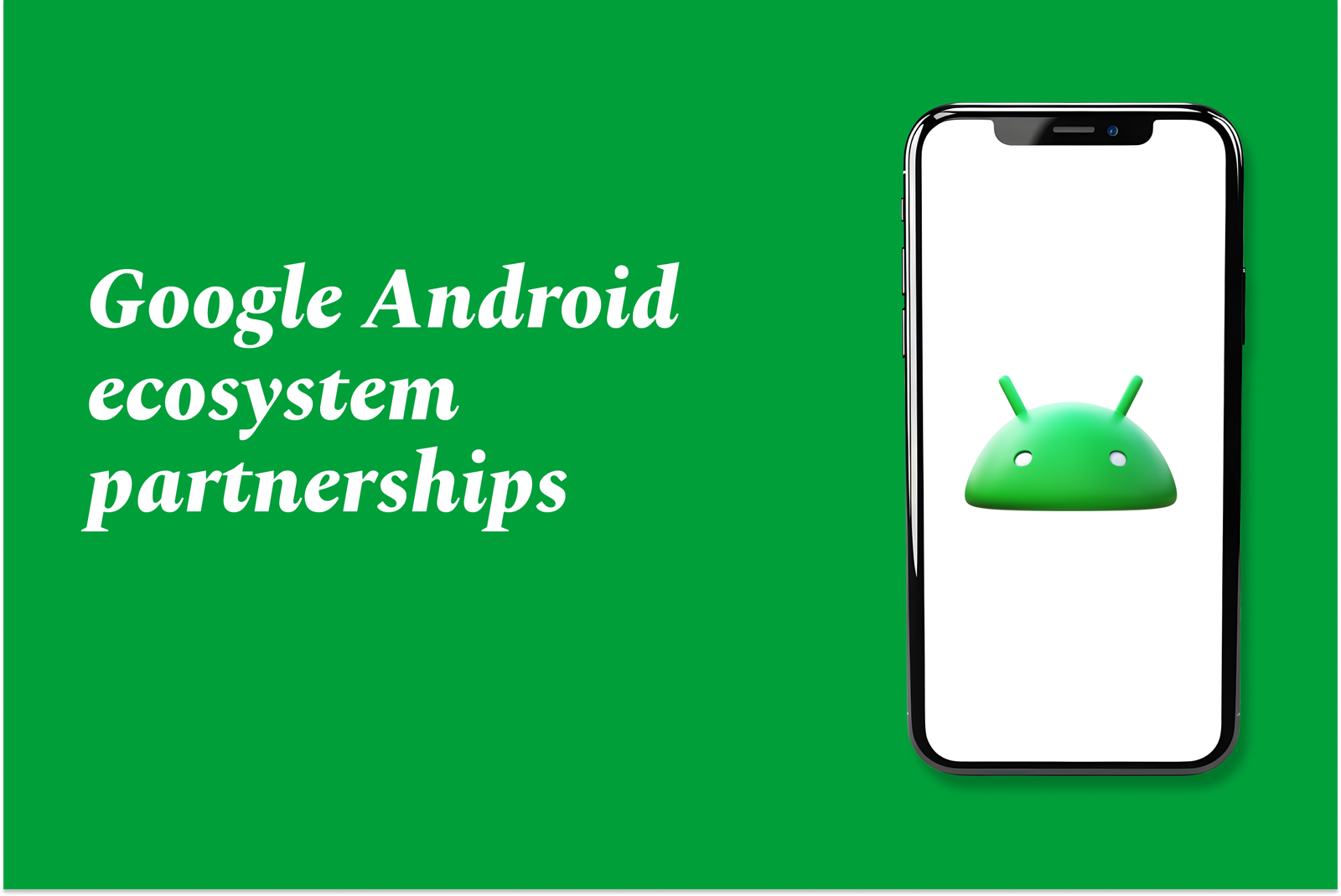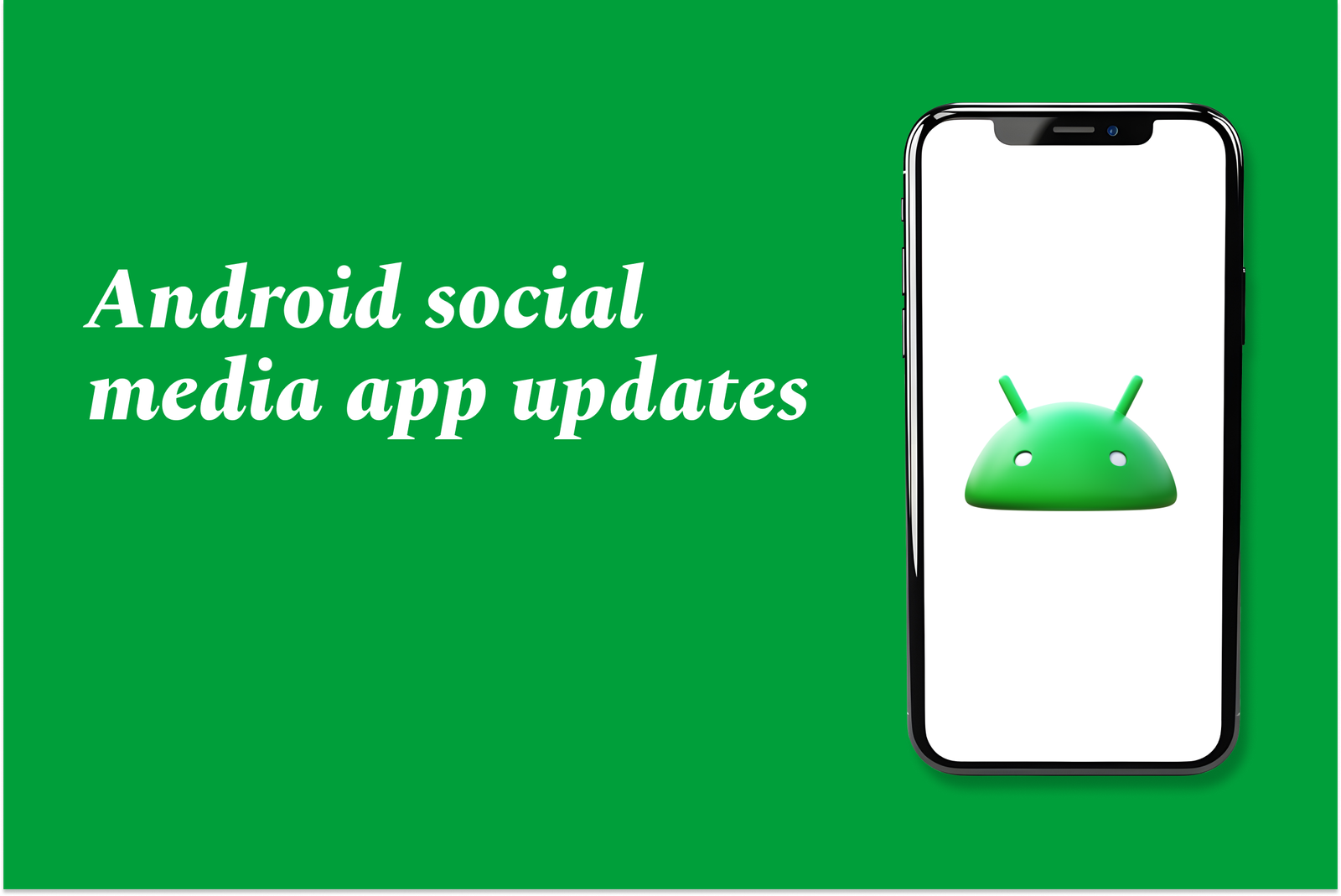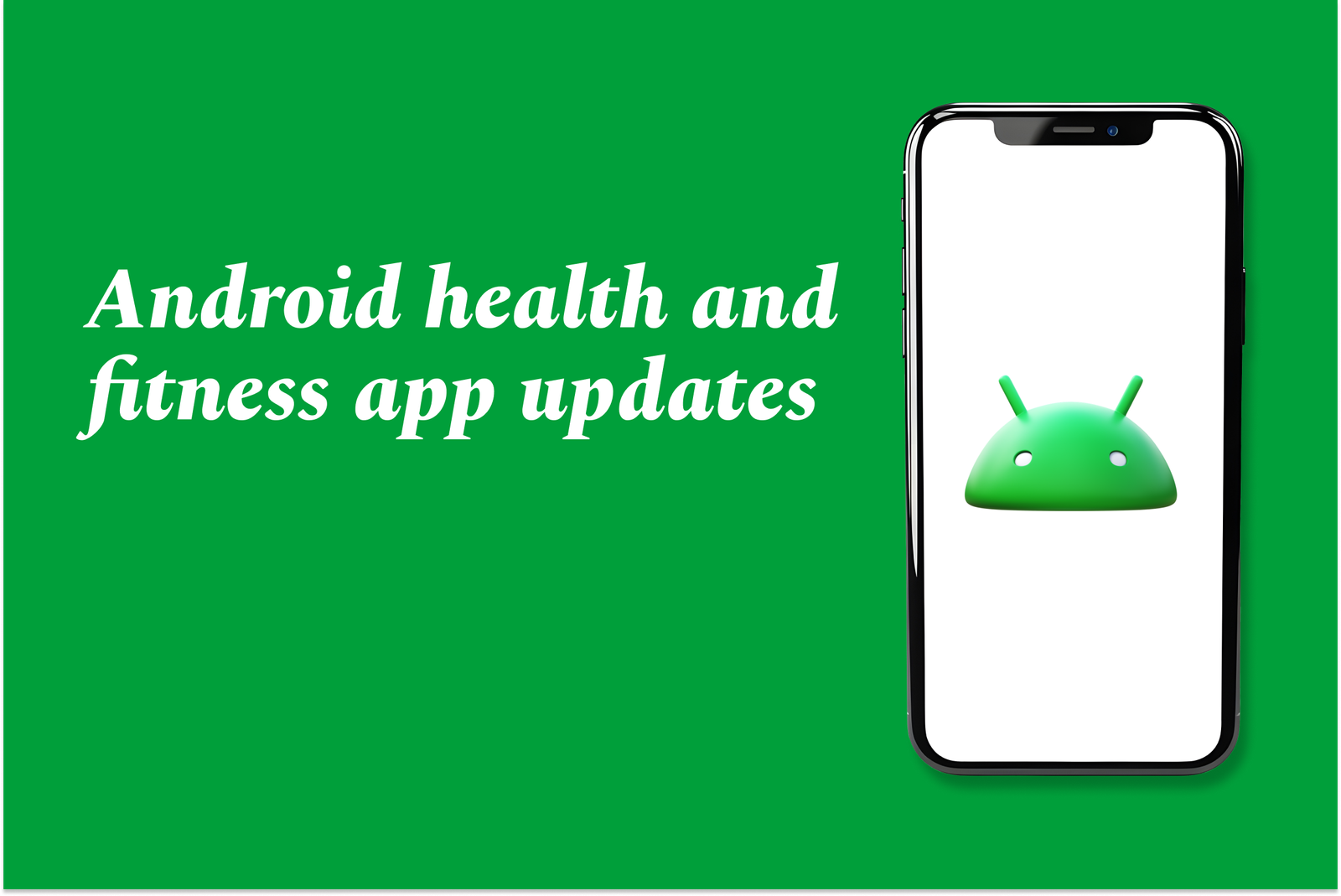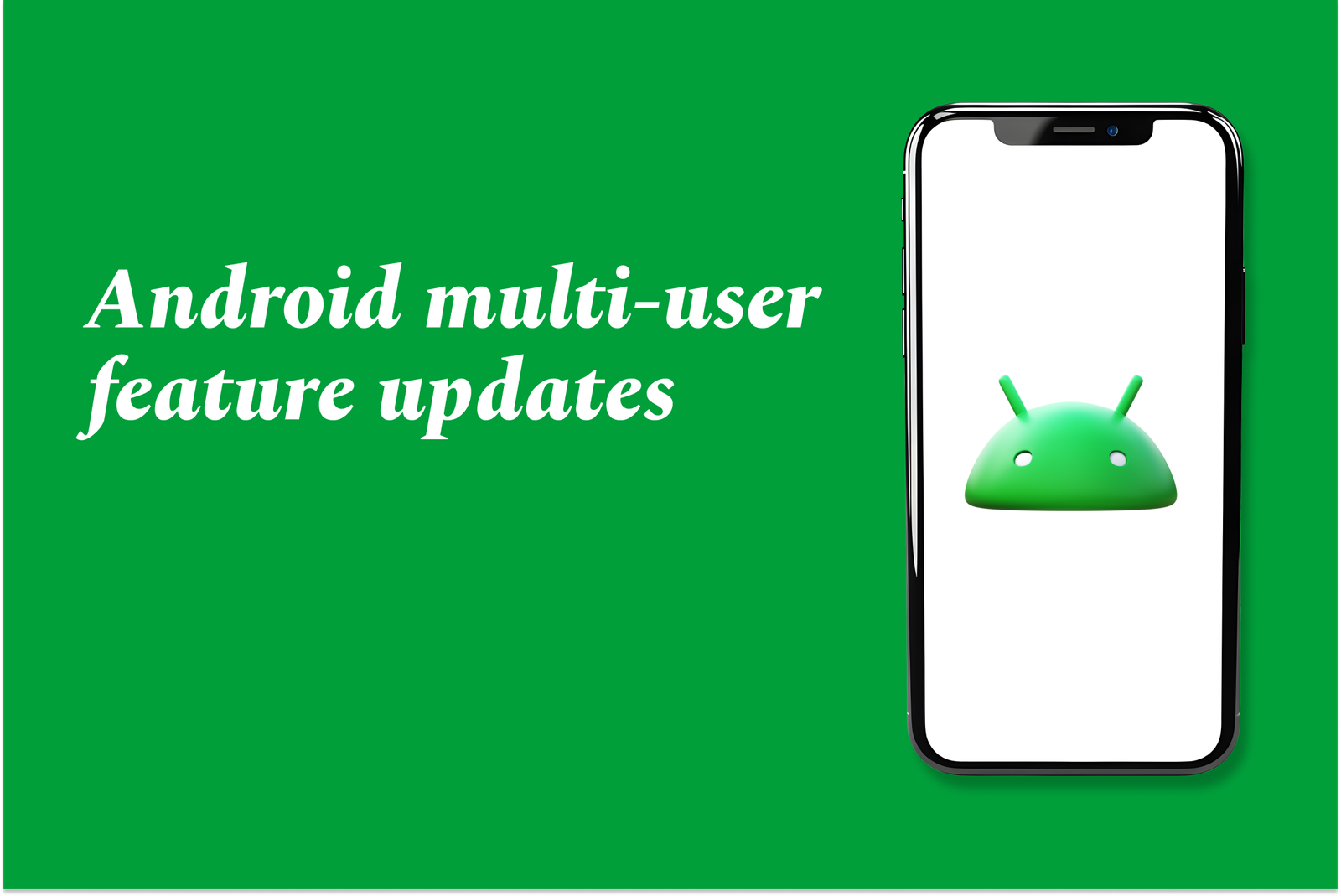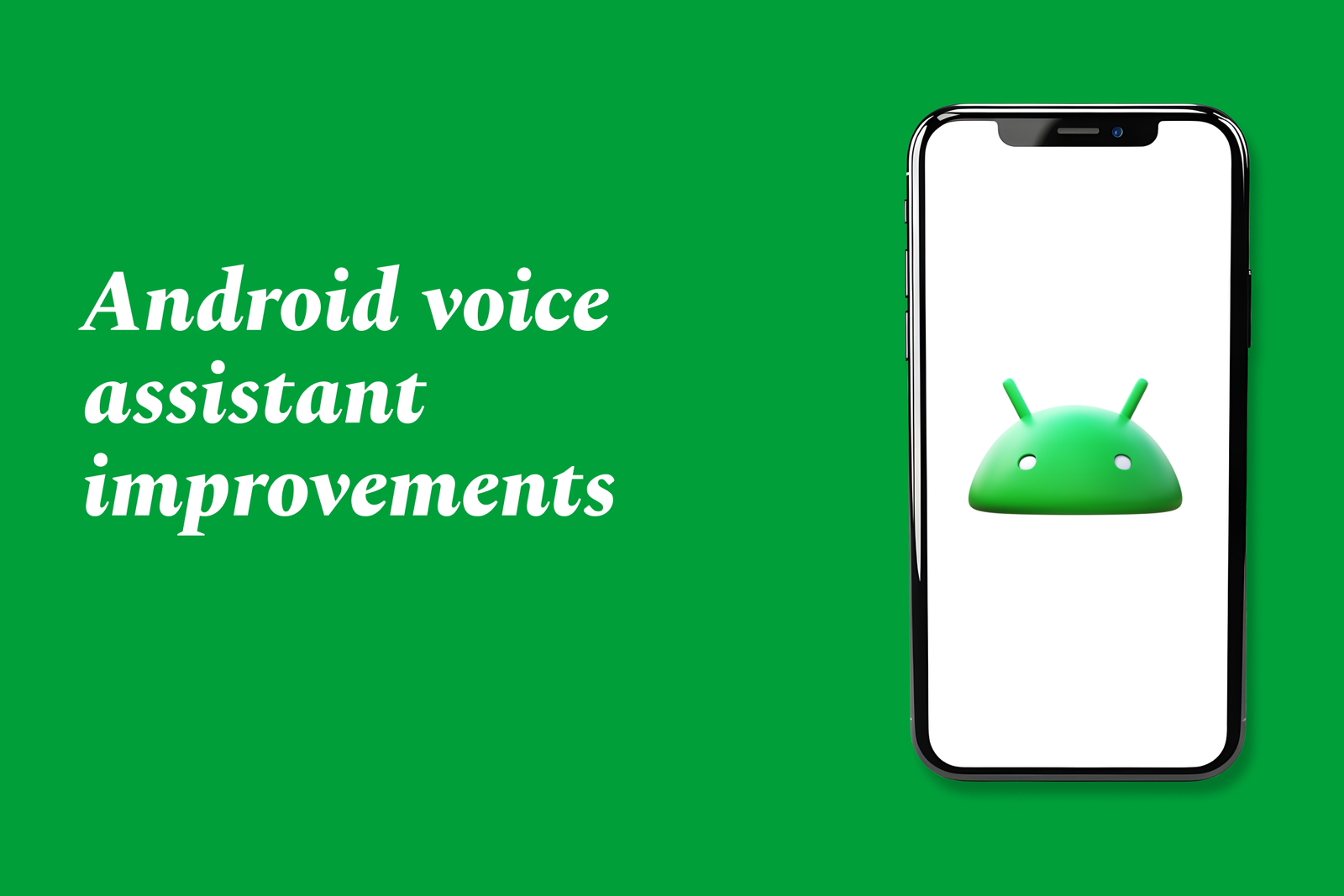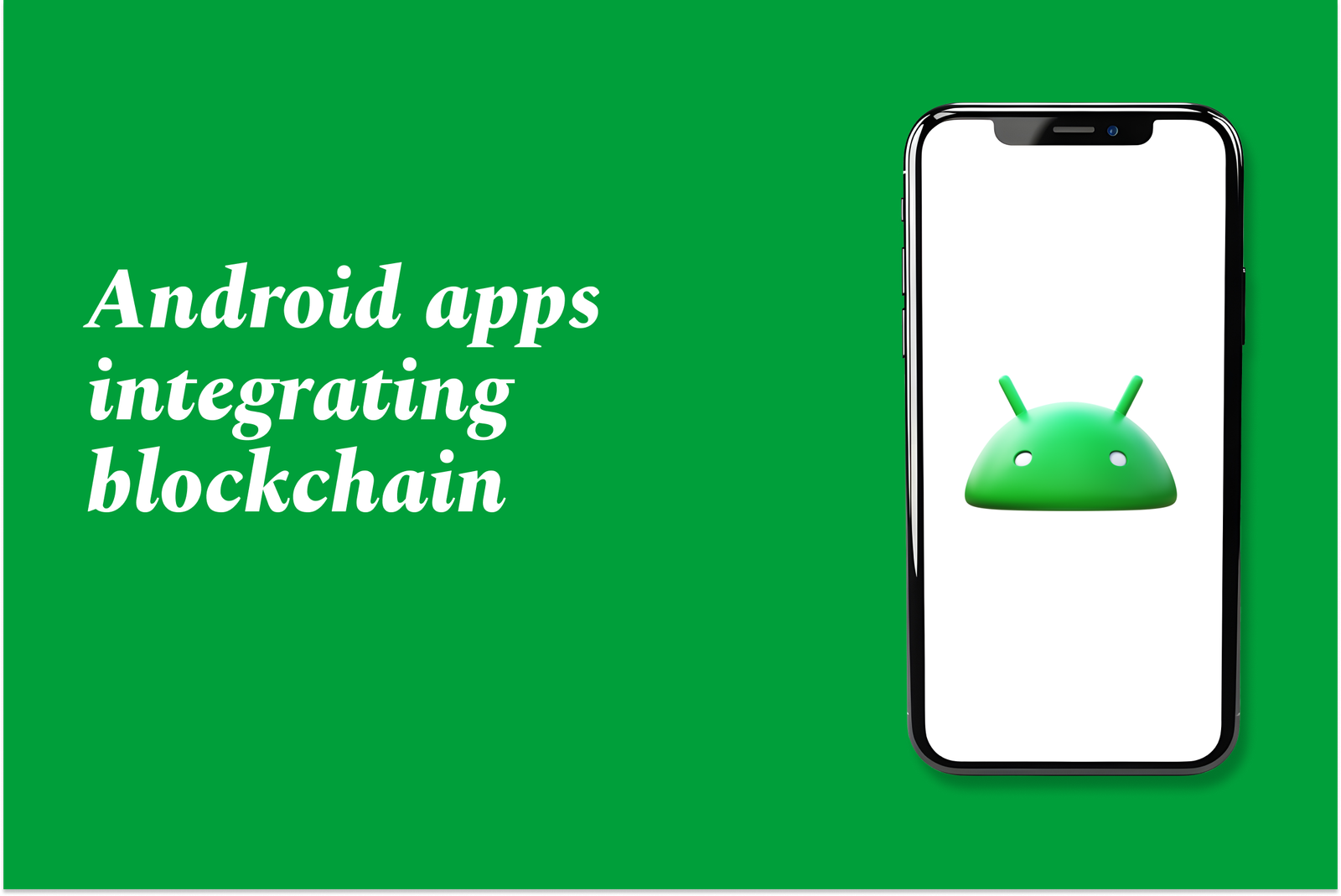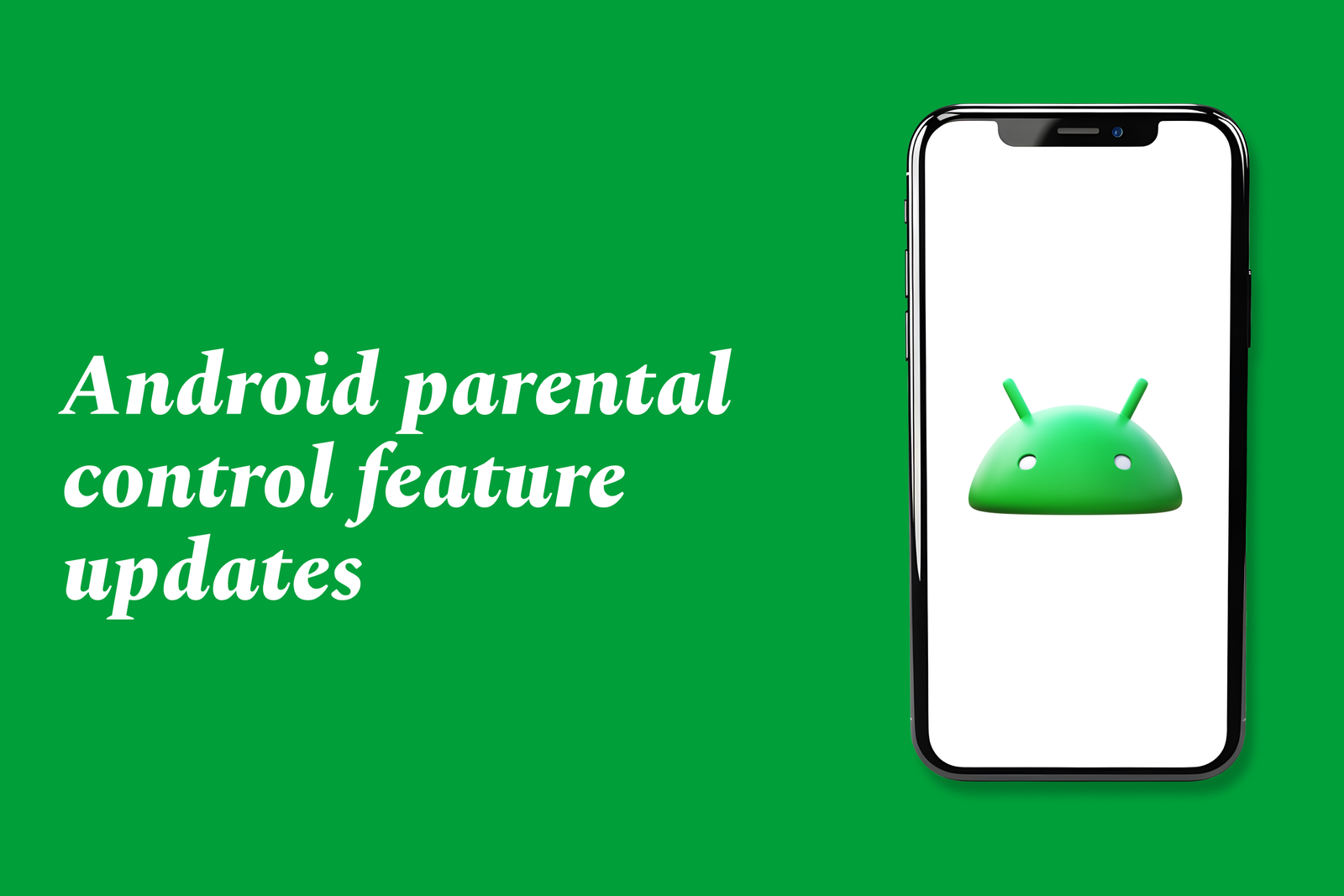Android Developer Preview Releases
Android developer preview releases are early versions of upcoming Android OS updates made available to developers for testing new features, APIs, and compatibility. They help developers prepare apps ahead of the official public launch, ensuring smoother transitions and better app performance.
Android developer preview releases
1 ) Early Release of Android 16 Developer Preview
Google released the first developer preview of Android 16 in November 2024, targeting a Q2 2025 final release.
This is a shift from previous years with an earlier release intended to help device manufacturers deliver updates faster.
Developers can test the preview on Pixel 6 series and newer devices.
2 ) Focus on Privacy and Health Data
Android 16 introduces an embedded photo picker API allowing users to share specific media without granting full storage access.
A new Health Connect API supports secure management of health data in FHIR format, enhancing privacy akin to iOS health features.
The update includes enhancements to Privacy Sandbox, aimed at replacing Android's advertising ID system to improve user privacy while maintaining ad capabilities.
3 ) Twice Yearly API Release Plan for 2025
Alongside the major Android 16 release in Q2, a second minor SDK release is scheduled for Q4 2025 with new APIs and improvements.
The Q4 release will focus on features and bug fixes without app impacting behavior changes.
Quarterly updates will continue, supporting continuous improvements in app quality and device compatibility.
4 ) New API Versioning and Compatibility Tools
Support continues for SDK_INT and VERSION_CODES constants to manage API level checks.
New constants like SDK_INT_FULL and VERSION_CODES_FULL allow distinguishing between major and minor releases.
Build.getMinorSdkVersion() helps developers identify minor SDK versions for fine grained compatibility handling.
These APIs are in preview and subject to changes; feedback is encouraged.
5 ) Developer Impact and Timeline
The earlier Q2 release requires developers to complete compatibility tests earlier than past years.
Google aims for platform stability by March 2025, allowing time for app updates before the public release.
A public beta program will launch in January 2025, with additional developer previews planned through December 2024.
This accelerated and more frequent release cadence highlights Google's commitment to faster innovation, enhanced privacy, and developer tools for the Android ecosystem.
https://justacademy.in/news-detail/flutter-4-migration-guide-for-teams
https://justacademy.in/news-detail/best-ci/cd-tools-for-flutter-projects
https://justacademy.in/news-detail/top-flutter-packages-to-use-in-2025
https://justacademy.in/news-detail/ai-in-flutter:-smarter-ux-and-features
https://justacademy.in/news-detail/flutter-job-interviews:-what’s-changed
Related Posts
Android language support updates enhance the platform by enabling modern Java 8 features like lambdas and method references within Android Studio, improving code efficiency and developer experience without needing the Jack compiler, streamlining app development and build processes.
In 2025, Android enhances privacy with stricter app permissions, improved data encryption, and advanced APIs that give users greater control over their data. System updates focus on secure media handling and transparent, developer-friendly tools to protect personal information seamlessly.
Android offline mode improvements enhance app usability by allowing users to access content and features without an internet connection. These updates enable pre-downloading data, reduce dependency on continuous connectivity, and improve user experience during travel or in low-network areas.
Google Android ecosystem partnerships unite device makers, developers, carriers, and enterprises to build a flexible, secure platform powering billions of devices worldwide. These collaborations drive innovation, expand app access, and enhance user experiences across diverse Android-powered products.
Android social media app updates enhance user experience with improved features like real-time notifications, AI-driven content discovery, expanded communities, and better multimedia support. These updates ensure smoother interactions, faster info sharing, and more personalized social networking on mobile devices.
Android health and fitness app updates focus on improved data sharing, personalized coaching, and enhanced tracking across devices. Key apps like Health Connect, Samsung Health, and Google Fit offer better privacy controls, seamless integration, and support for diverse wellness goals.
Android's multi-user feature lets multiple people have separate profiles on one device, keeping data and apps separate. Recent updates improve user switching, address bugs like Wallet issues, and optimize performance by suspending inactive profiles for smoother multitasking.
Android voice assistant improvements enhance hands-free control by integrating smarter, more natural voice commands in Android Auto and CarPlay. Upgrades include better music navigation, AI-powered icon recognition for accessibility, and solutions for seamless connectivity, boosting safety and usability.
Android apps integrating blockchain leverage decentralized technology to enhance security, transparency, and trust in transactions and data management. These apps enable secure payments, identity verification, and supply chain tracking, revolutionizing mobile experiences across industries.
Android parental control updates enhance child safety by offering real-time monitoring, app notifications sync, screen time limits, app blocking, precise GPS tracking, and location alerts, enabling parents to manage and protect their children's device usage more effectively and securely.
